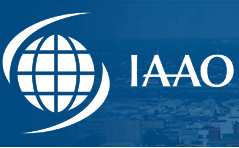Journal of Property Tax Assessment & Administration
Abstract
Many developing countries have been strengthening subnational government through decentralization policies. The supporting argument is based on the increased efficiency and welfare gains that come from moving governance closer to the people. Fiscal decentralization can increase revenue mobilization because it involves subnational government more directly in taxation, and, in many respects, a lower tier of government can reach wealth-based taxes in ways that central government cannot. The broadening of the local tax base, particularly with property taxes, gives subnational government a potentially lucrative revenue source. The rationale for choosing Malaysia and South Africa as two case studies is important. While from a property tax perspective there are similarities in these two countries, there are also significant differences. Our examination of both countries found that there are lessons each can learn from the other. There are also potential problems evident in one country that could be replicated in the other.
First Page
5
Last Page
18
Keywords
Property tax administration
Recommended Citation
Daud, D. Z.,
Kamarudin, N.,
Franzsen, R. C.,
&
McCluskey, W. J.
(2013).
Property tax in Malaysia and South Africa : a question of assessment capacity and quality assurance.
Journal of Property Tax Assessment & Administration,
10(4), 5-18.
DOI: https://doi.org/10.63642/1357-1419.1151


